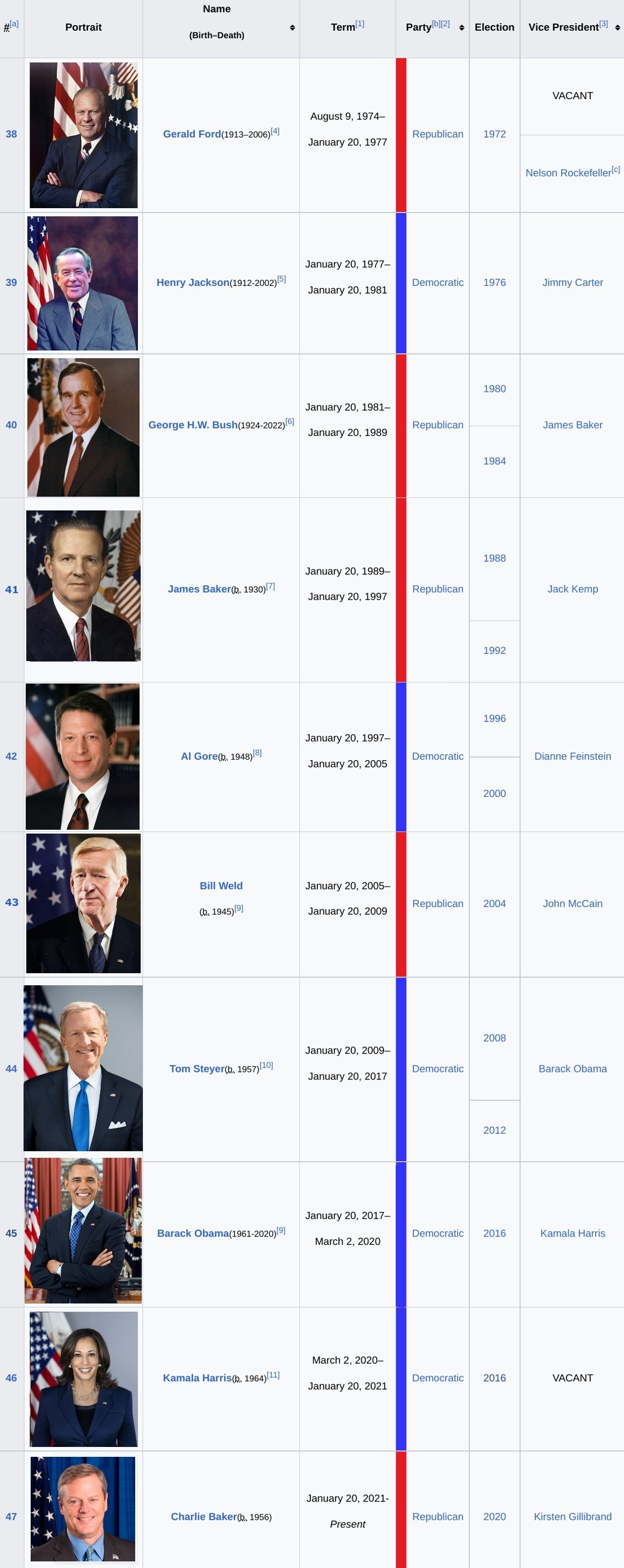My idea was that with a delayed economic opening of China, it is possible more Western companies decide to outsource stuff to India, which could lead to more development in the country.I think India's development will probably be similar since its population growth is unlikely to be affected by China's population and there is no reason to believe it would enact a policy similar to China's? Another question, since Covid still happened and there are more Chinese people in western countries does that mean there are even more instances of xenophobic attacks blaming them for Covid?
You are using an out of date browser. It may not display this or other websites correctly.
You should upgrade or use an alternative browser.
You should upgrade or use an alternative browser.
Land Of People: A China Without A One Child Policy
- Thread starter theflyingmongoose
- Start date
-
- Tags
- china maps maps and graphics usa
Well I think China still opened a few years early since I believe they opened in the late 80s while India was still under the license raj. Also the wikibox seems to indicate the Soviet Union still exists so maybe India doesn't open up as early in order to keep good relations with the Soviet Union.My idea was that with a delayed economic opening of China, it is possible more Western companies decide to outsource stuff to India, which could lead to more development in the country.
India is doing better, but most manufacturing is benefiting Japan, South Korea, and Taiwan.My idea was that with a delayed economic opening of China, it is possible more Western companies decide to outsource stuff to India, which could lead to more development in the country.
How would TTL's India compare to OTL India in terms of development, with that in mind? A decade or so ahead of OTL development-wise?India is doing better, but most manufacturing is benefiting Japan, South Korea, and Taiwan.
Give or take. Some places like cities are much more developed (the slums are mostly gone) while rural areas are only a bit better off.How would TTL's India compare to OTL India in terms of development, with that in mind? A decade or so ahead of OTL development-wise?
From the look of it largely seems to have a larger population because it is poorer because of bad leadership, the one child policy did not have that much of an effect, there would be what, 100-200 millions more chinese, important but hardly something that would doom china, if anything it'll probably be wealthier in absolute term in the medium termWith such a larger population, China is probably more poor.
Yeah but in the wiki box, China has 1,800,000,000 People, roughly 400 million more people they have OTLFrom the look of it largely seems to have a larger population because it is poorer because of bad leadership, the one child policy did not have that much of an effect, there would be what, 100-200 millions more chinese, important but hardly something that would doom china, if anything it'll probably be wealthier in absolute term in the medium term
View attachment 746435
US Counties By HDI
Of Note:
-China not being as large a spot for manufacturing means the rust belt is not all that rusty. But India and Japan/Korea pick up some of the slack, so decline is still there.
-The aggressive environmental policies of the Gore Administration mean the Appalachians are even more screwed than OTL. Combined with the general improvement in the rest of the country the region is seen as 'America's Secret Poverty' (similar to the OTL Singapore problem).
-The fact that Reagan never happened means the government and associated industry are even bigger than OTL (not to mention the Cold War), so the region surrounding the capitol are extremely developed. D.C. proper is basically Monaco on steroids.
-More renewables mean the Dakotas and Texas aren't doing as well.
-Silicon Valley is much bigger, again due to China. Also because corporations don't move into Utah.
-Lots of Black Belt areas are a lot better off, thanks to Jim Clyburn (Speaker of the House for over a decade). Although this is often not visible in income, as the long term benefits haven't fully come to fruition yet.
-The rest of the country is generally better off thanks to a stronger safety net.
Last edited:
Any reason Armenia is still an SSR while Ukraine is not as the former didn't sign on for the New Union Treaty IOTL while the latter did?
Armenian native Anton Kochinyan served as the real power behind the throne when Brezhnev's health began to decline. An increasingly belligerent Iran also shifts them.Any reason Armenia is still an SSR while Ukraine is not as the former didn't sign on for the New Union Treaty IOTL while the latter did?
Terrorists blew up his motorcade in a warzone.How was Obama Assassinated?
Was he in Afghanistan or another country?Terrorists blew up his motorcade in a warzone.
Yemen. Currently in a civil war but this time with US and USSR backed sides. The Saudis and most of the middle east- while not part of the Warsaw Pact- are pro-Soviet since the west doesn't use oil (foreign at least) much anymore while the USSR does, since it forbids it's sphere (most of Africa) from trading with the west.Was he in Afghanistan or another country?
Health Care In America
Last edited:
Why is my home country, the Philippines still homophobic? Is it a religious theocracy or not?
It's a mistake on the map. It should be purple (decriminalized)Why is my home country, the Philippines still homophobic? Is it a religious theocracy or not?
Share:
